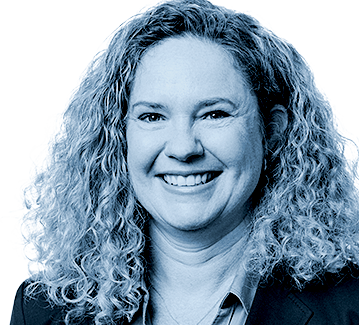The California Attorney General has issued new and amended forms for charity, raffle and professional fundraiser registrants. They may be used now; effective February 1, 2020, they will be required. The legacy forms being replaced may be used until then. Here is a link to both the new and legacy forms (the legacy forms may be removed around February 1, 2020): https://oag.ca.gov/charities/forms.
Here we focus on the Charitable Trusts forms filed by charities and certain other organizations holding charitable assets in California.
1. Initial Registration Form (CT-1).
Organizations use this form for their initial registration with the Attorney General. Most significantly, the revised form adds nine new questions, including asking for all DBAs; for states in which the organization solicits charitable donations or has registered to solicit; whether IRS or FTB tax-exempt status has ever been denied, revoked, or modified; whether status has been suspended or revoked by the Secretary of State; whether any officers, directors, trustees, or employees are related by blood, marriage, or adoption; and whether the organization or officers, directors, or trustees have been subject to proceedings regarding solicitation or registration, or have been convicted of certain crimes. One question asks for information on any other organization “under common control,” with a “close connection,” or “related to” the filing organization. New instructions define these terms quite broadly.
One other noteworthy change is that the organization must now not only list fundraising professionals it works with, but also provide their registration numbers assigned by the Registry of Charitable Trusts, putting responsibility on the filing organization to ensure a fundraising professional it works with is properly registered.
Helpfully, instructions explain that the Form CT-1 is a public document which will be posted on the Registry’s website, and provides that an organization can request the confidentiality of any attachment to the Form CT-1 by requesting that it not be maintained in the Public File.
2. Annual Registration Renewal Fee Report (RRF-1).
This form must be filed annually by organizations that are registered with the Attorney General. Two new pieces of information are now requested. In addition to certain other revenue and asset figures, an organization must now report the dollar value of all noncash contributions for the relevant accounting period. This new question makes sense in light of the concerns voiced by Attorney General staff about misleading financial information provided by certain charities receiving large noncash contributions. Also, a new yes/no question implementing California Government Code Section 12599.8 asks if the organization held restricted net assets, while reporting negative unrestricted net assets, at the end of the reporting period. If the answer is yes, the organization must provide an explanation, as well as proof of directors’ and officers’ liability insurance coverage.
3. Annual Treasurer’s Report (CT-TR-1).
Most organizations filing an RRF-1 Form are required to include the applicable Form 990 (990, 990-EZ, 990-PF) for the filing year. This new Form CT-TR-1 is designed to gather limited financial information from those organizations whose total revenue falls below the threshold for filing IRS Form 990-EZ, i.e., under $50,000. The form requires reporting of the organization’s fiscal year-end information, and includes a brief balance sheet and revenue statement.
Two other forms on the list of Charitable Trusts forms that do not appear to have changed are the Annual Financial Solicitation Report (CT-694) that organizations need to complete if they have collected more than $1,000,000 in charitable contributions from donors in California and those contributions represent more than 50% of the organization’s annual income, and a form to file a complaint with the Attorney General (CT-9).


